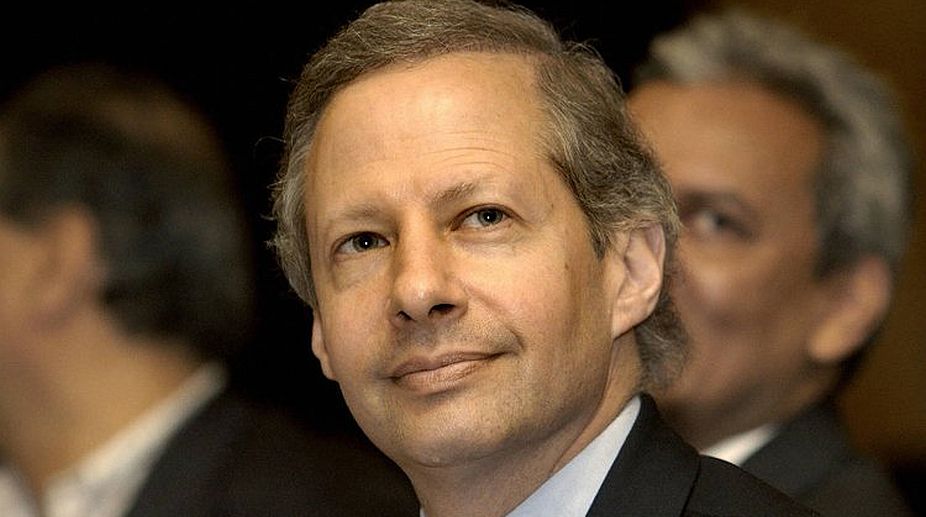The US must push a range of economic issues with India, including intellectual property, standard and non-tariff barriers, President Donald Trump’s nominee to be the next envoy to India has told lawmakers.
Underlining that there is enormous potential in the economic sphere between the US and India, Kenneth Juster said the two countries have only begun to scratch the surface.
Advertisement
Juster, the top economic aide and one of the key architects of the historic Indo-US civil nuclear agreement, said removing trade barriers would accelerate the process of building ties.
Responding to a question from Senator Rob Portman during a congressional hearing, Juster said America needs to “push a range of economic issues” with India, including standard and non-tariff barriers and intellectual property.
“There is enormous potential in economic sphere, but we have only begun to scratch the surface. We need to continue pressing forward to make sure that India adheres to its WTO (World Trade Organisation) obligations,” Juster told members of the Senate Foreign Relations Committee.
The 62-year-old nominee hoped that as more Indian entrepreneurs develop their own intellectual property there will be a greater interest in protection of it.
If confirmed by the Senate, Juster said he will be a strong advocate for the US’ interests in India.
Ultimately, he hoped, that the Indian community would see the economic relationship as a strategic asset and part of what can help develop the overall strategic partnership and something that really is in those in the interests of both the countries.
“As Prime Minister (Narendra) Modi moves forward with his reform programmes and as he seeks to have a high level of growth, it will become increasingly clear that US companies can contribute to that. Removing some of these trade barriers would be an accelerator in the growth process,” Juster said.
Senator Portman who previously was US Trade Representative said that the bilateral trade has increased tremendously, but they still have a long way to go.
“When I was a US Trade representative we did start a US- India trade policy dialogue in 2005. Since then we have tripled our trade with India. It was such a low starting point that there is much more to be done,” he said.
Portman agreed with Juster that there needs to fair, balanced and free trade.
“I do continue to have deep concerns about market access to some of our products and services and specifically the intellectual property,” the Senator said.
Senator Bob Corker, Chairman of the Senate Foreign Relations Committee, expressed his frustration over the slow pace of Indian reforms in the economic sphere.
“American companies continue to face barriers in accessing the Indian market, including high tariffs and strict localisation policies,” he said.
The companies that are able to enter the Indian market often encounter compulsory licensing requirements and lax intellectual property protections, he alleged.
The foreign investment environment remains unpredictable and even large-scale contracts are subjected to alteration or cancellation without cause, he said.
“Clearly, the economic playing field is not even,” Corker claimed.











